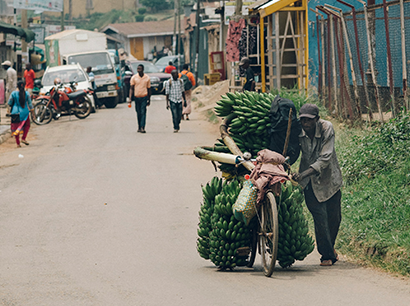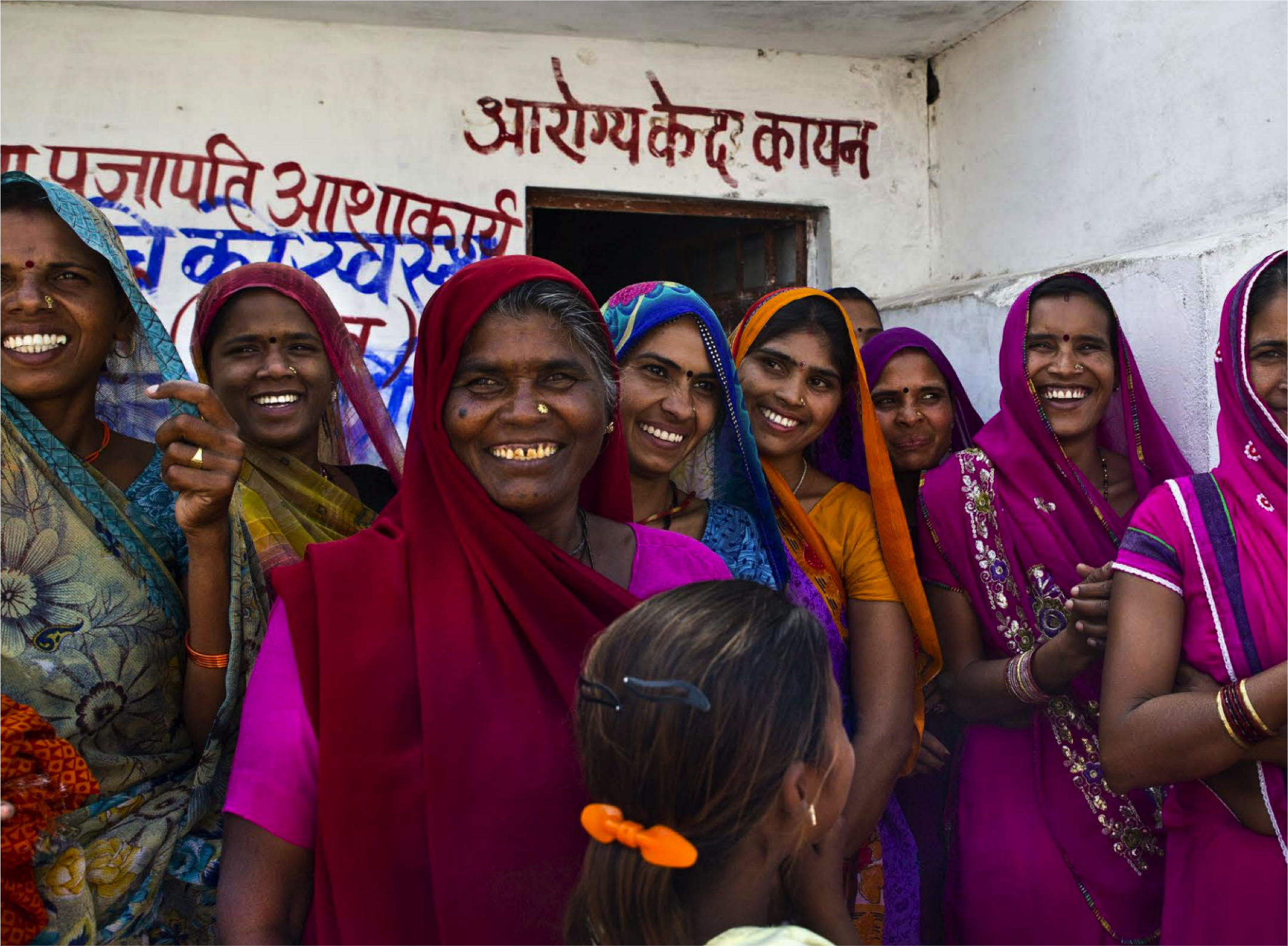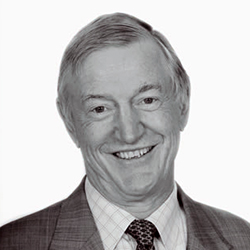The Norwegian Nobel Committee has named the World Food Programme (WFP) the recipient of the 2020 Nobel Peace Prize. As David Beasley, Executive Director of WFP, said in a statement following the award, “Today is a reminder that food security, peace and stability go together. Without peace, we cannot achieve our global goal of zero hunger; and while there is hunger, we will never have a peaceful world.”
Over the last five years, global hunger has steadily increased, driven largely by conflict and environmental shocks. And now, the global COVID-19 pandemic threatens to push 130 million more people into hunger by the end of 2020.
“We salute the Nobel Committee for highlighting the issue of world hunger, and congratulate our partners at the World Food Programme,” said Sheree Stomberg, Chair of The Hunger Project’s Global Board of Directors. “It is critical that the world community step up our efforts and invest the resources needed to end hunger.”
“We have seen that when community members work together to achieve development goals, they become stronger, more resilient and more peaceful. This is the key to sustainable change,” said Stomberg.
Hunger is rooted in deeply entrenched conditions of inequality, conflict, corruption and climate change. We at The Hunger Project work in partnership with local communities to implement solutions that are sustainable, multi-sectoral, and community-led, to catalyze systemic change throughout governance structures and society.
We are glad the Norwegian Nobel Committee turned the world’s attention to the importance of ending hunger through this award. Let this recognition kickstart a decade of action and global commitment toward ending hunger.
Originally published by The Hunger Project.









